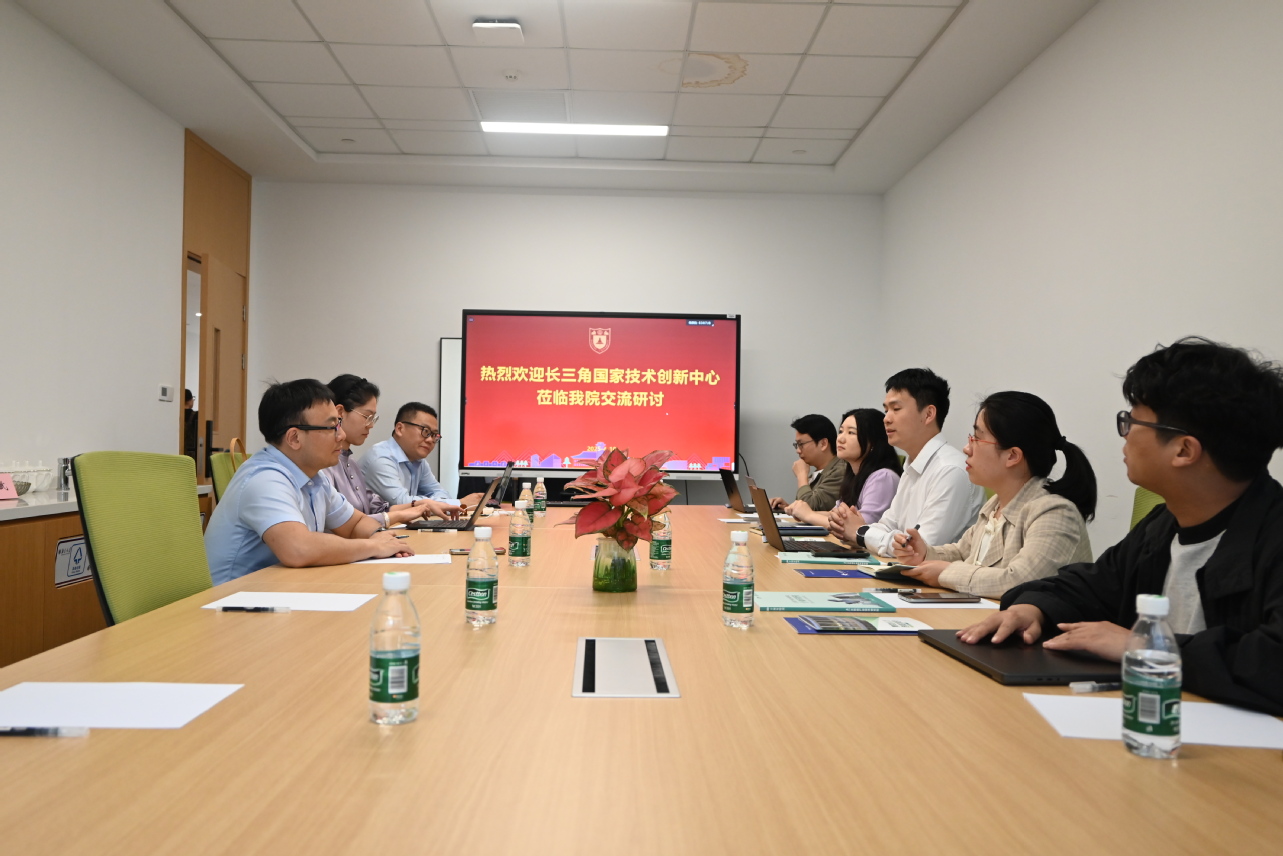
On the afternoon of April 10, 2025, the Yangtze River Delta National Innovation Center visited the School of Intelligence Science and Technology at Nanjing University to discussions on educational models and talent cultivation. The visiting delegation included Professor Zhang Zhiqing, Dean of the UC Joint Institute at Chongqing University, Director of the Office of International Cooperation, and Head of the Education Task Force at the Yangtze River Delta National Innovation Center; Shan Hao, Director and Assistant to the Head of the Information Technology Division; and Zhang Yang and Xie Binhuan, Senior Managers from the Engineering Education and Domestic Cooperation Division. From the School of Intelligence Science and Technology, attendees included Zhang Tiantian, Deputy Party Secretary; Dai Wangzhou, Vice Dean; and faculty members Xu Ke, Yang Tianpei, and Si Chenyang. The meeting was chaired by Vice Dean Dai Wangzhou.
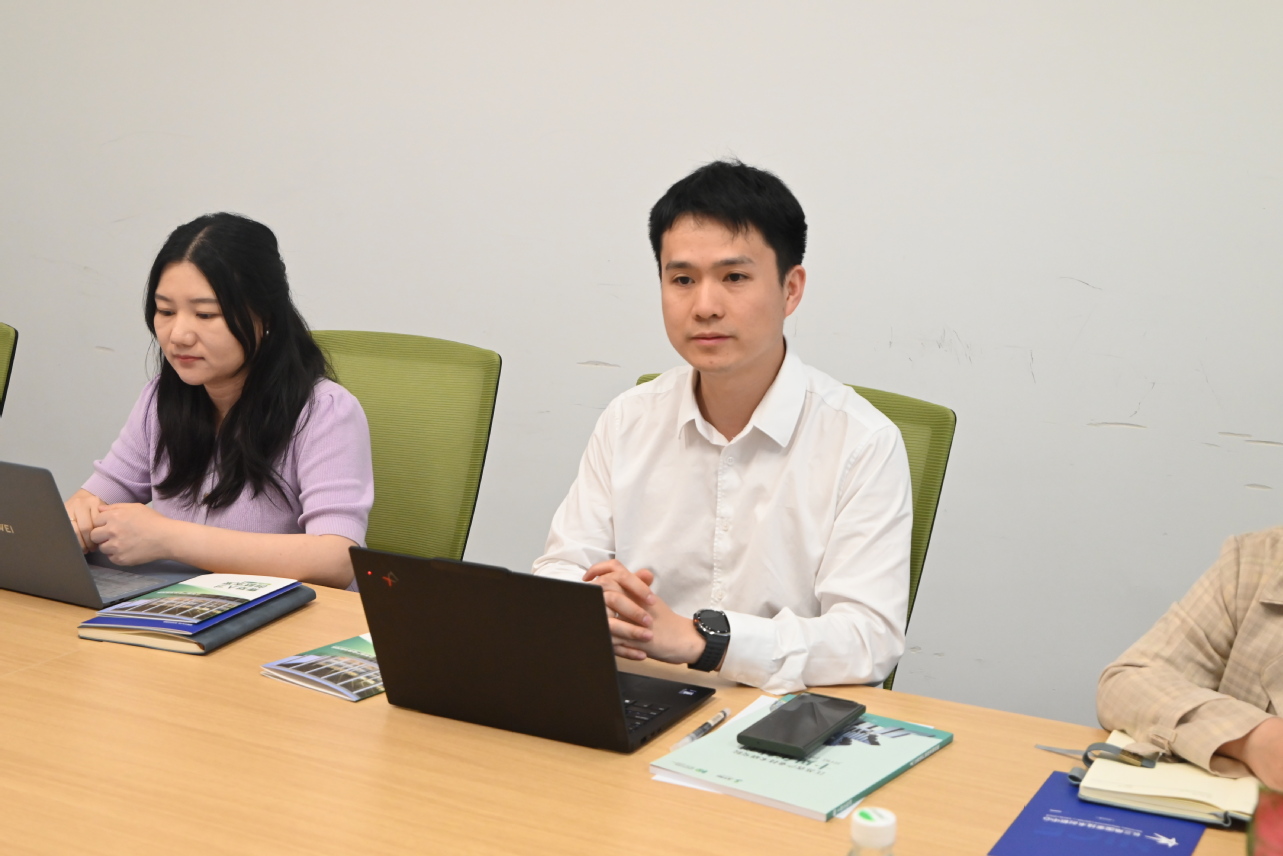
Vice Dean Dai Wangzhou extended a warm welcome to the delegation from the Yangtze River Delta National Innovation Center. He expressed the hope that this visit would serve as a starting point for deeper exchanges and enhanced collaboration in talent cultivation, scientific research, and beyond.
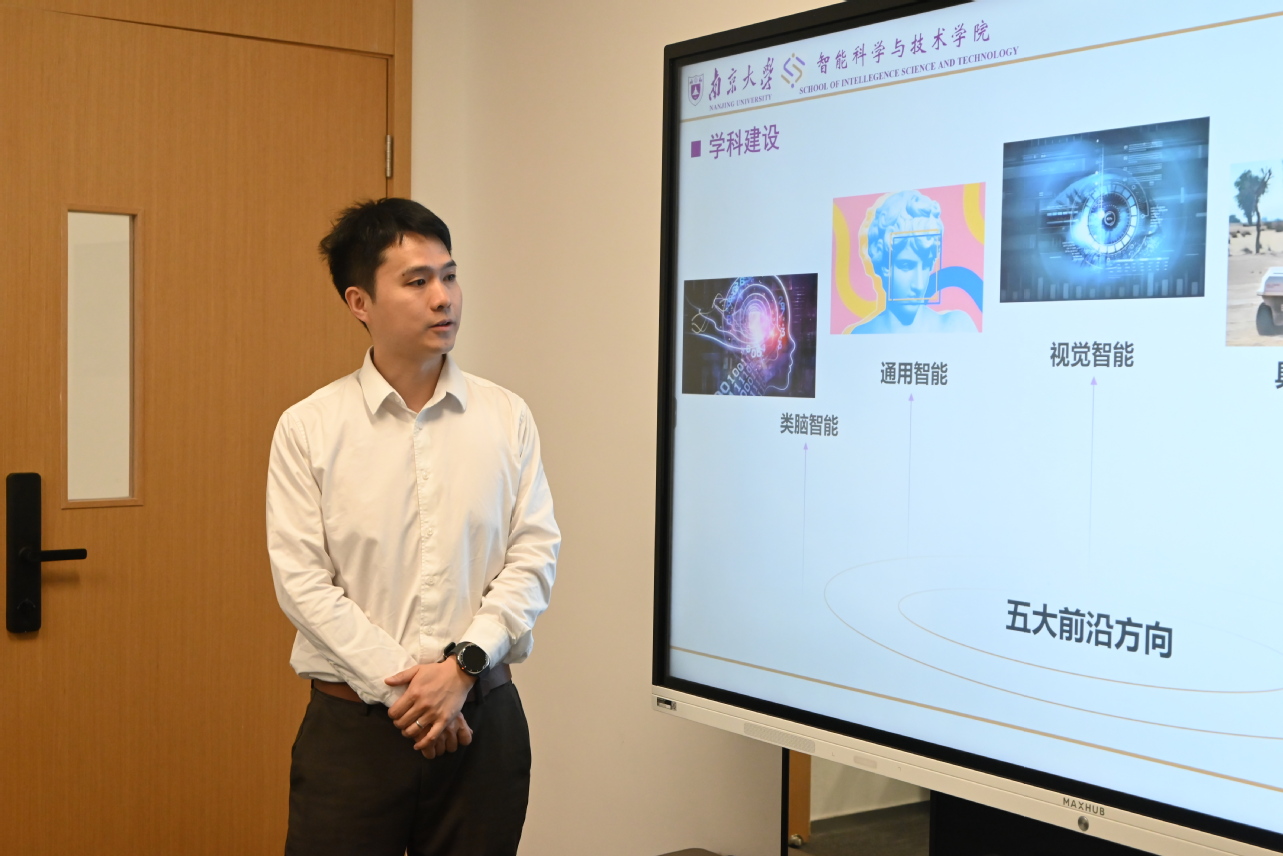
Following brief self-introductions from both sides, Dai gave a comprehensive overview of the School of Intelligence Science and Technology, with a particular focus on talent development. His presentation covered a wide range of areas, including discipline development, faculty composition, research achievements, talent cultivation strategies, teaching practices, curriculum design, university–industry collaboration, international exchange, career education, and signature initiatives. He noted that, in alignment with the Suzhou campus’s strategic focus on emerging engineering disciplines and the School’s distinctive strengths in intelligence science and technology, the School emphasizes cultivating students’ awareness and ability to apply AI flexibly across diverse fields. Through partnerships with enterprises and expanded internship channels, students are provided with ample opportunities for hands-on experience. The School also actively guides students to explore career paths beyond the internet industry—empowering them to apply AI to fields such as advanced manufacturing and industrial innovation.
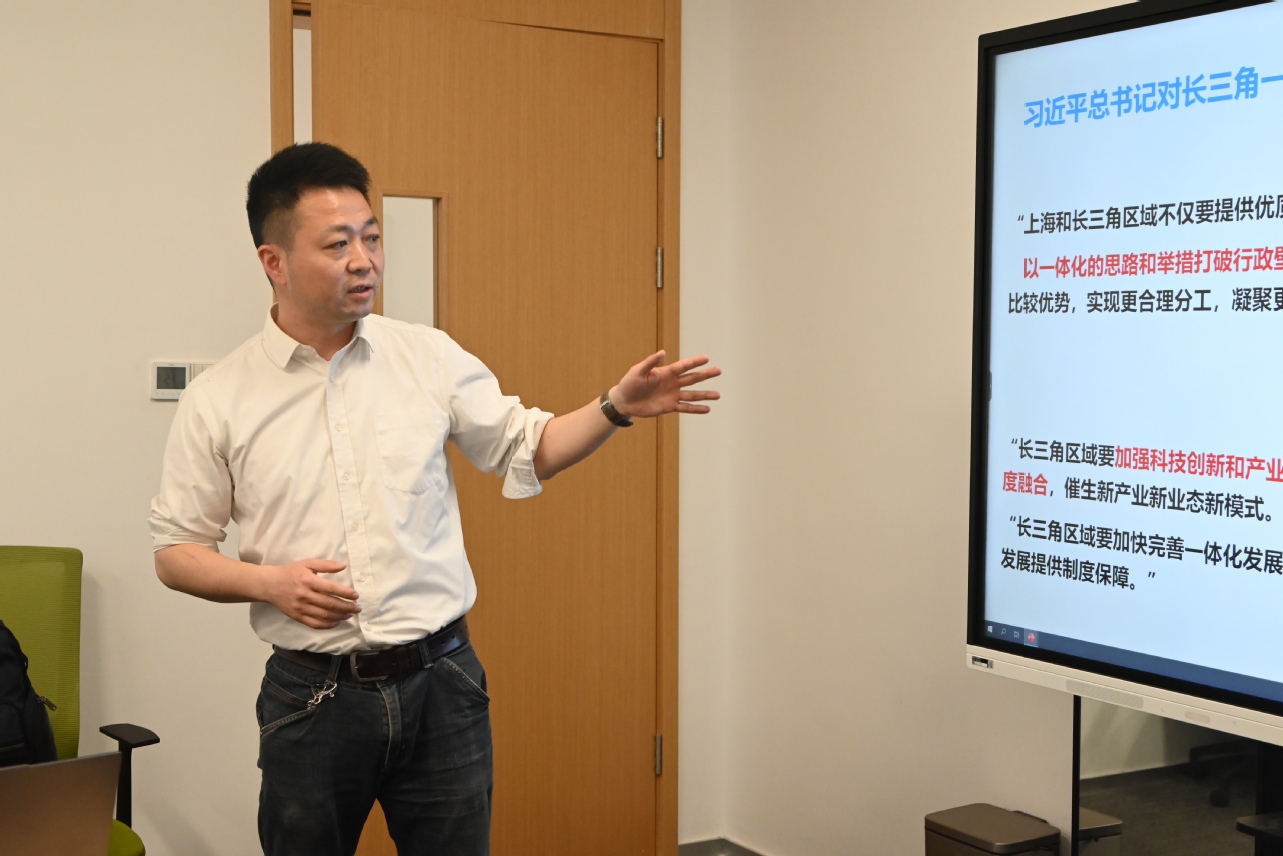
Shan Hao provided a detailed introduction to the Yangtze River Delta National Innovation Center, covering its functional positioning, operational model, organizational structure, and key innovation initiatives. He highlighted that at the symposium on advancing the integrated development of the Yangtze River Delta held in November 2023, General Secretary Xi Jinping emphasized the need for the region to strengthen cross-regional coordination in scientific and industrial innovation, and to deepen the integration between the two. In alignment with this directive, the Innovation Center is committed to accelerating the transformation of scientific and technological achievements across the region, building a robust industrial technology innovation system, and supporting breakthroughs in critical and core technologies.
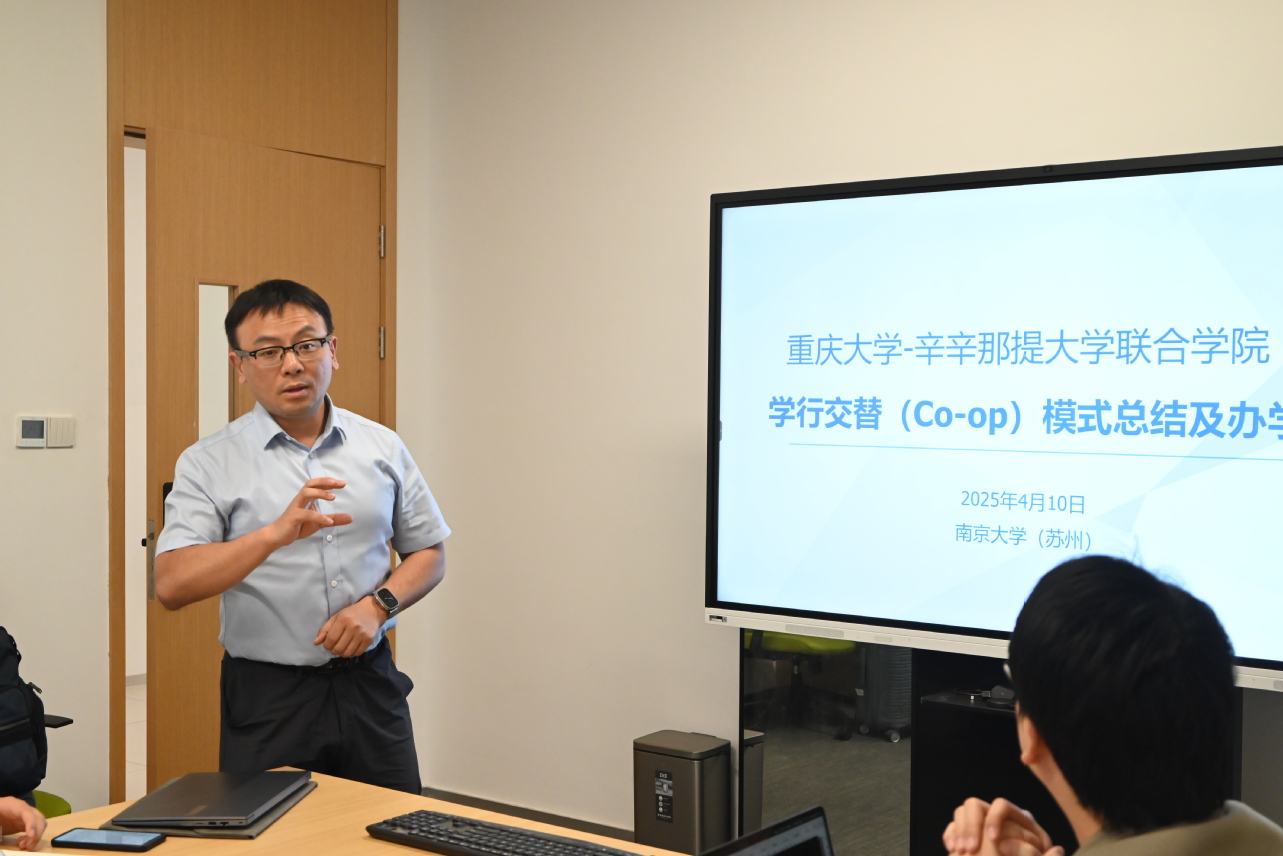
Zhiqing Zhang gave an overview of the Co-op (cooperative education) model adopted by the Chongqing University–University of Cincinnati Joint Co-op Institute. He emphasized that, in response to the new developments and demands of talent cultivation, emerging engineering disciplines, and engineering education, the knowledge students acquire on campus must increasingly be integrated with real-world industry practices. He noted that the models of talent development in higher education must evolve in step with the times.
Zhang elaborated on the distinctive features and proven outcomes of the Co-op model within the broader wave of emerging engineering education reform. He highlighted its effectiveness in enhancing students’ overall competencies—such as goal setting, communication, and project management.
On this basis, he offered a key suggestion for talent cultivation at the School of Intelligence Science and Technology: Break boundaries, All-Around Engagement in Education, underscoring the importance of cross-functional collaboration and holistic development in academic training.
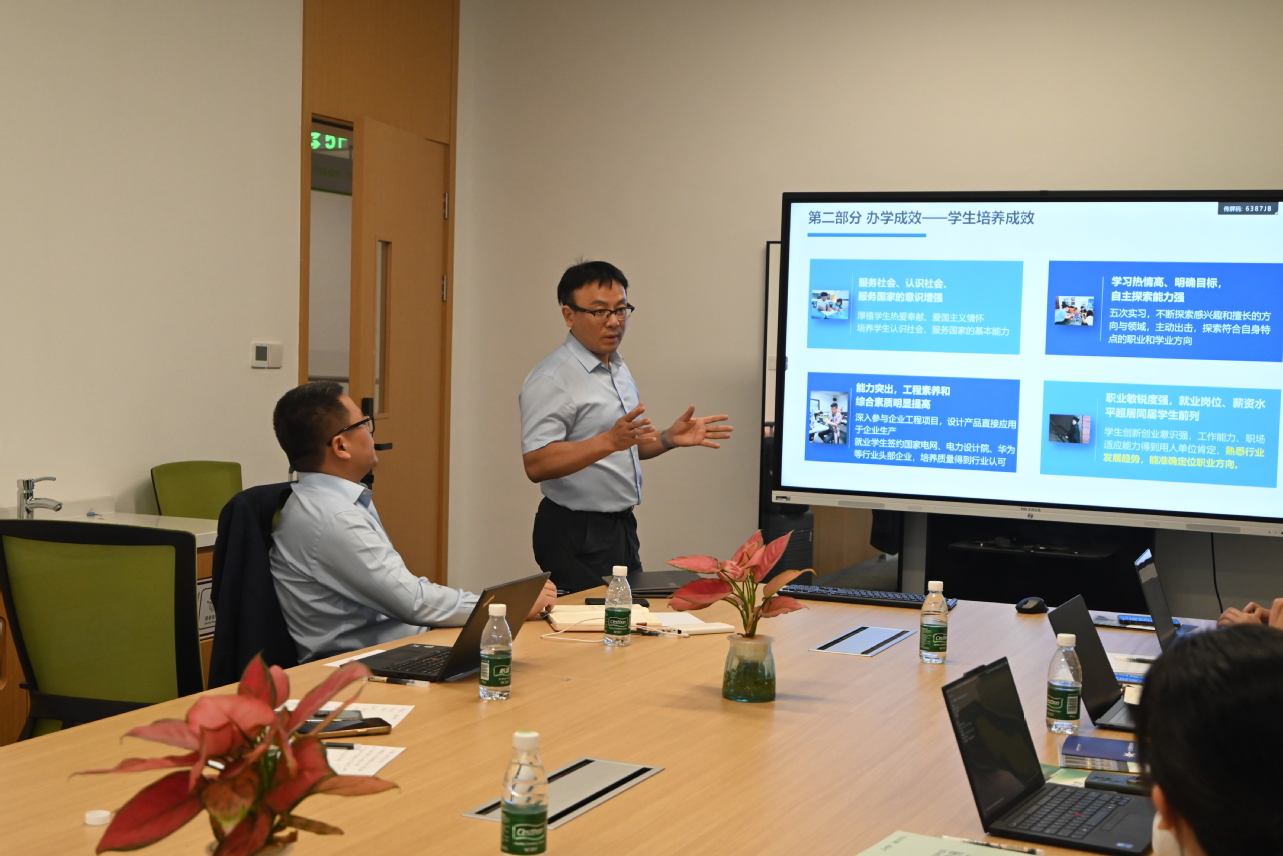
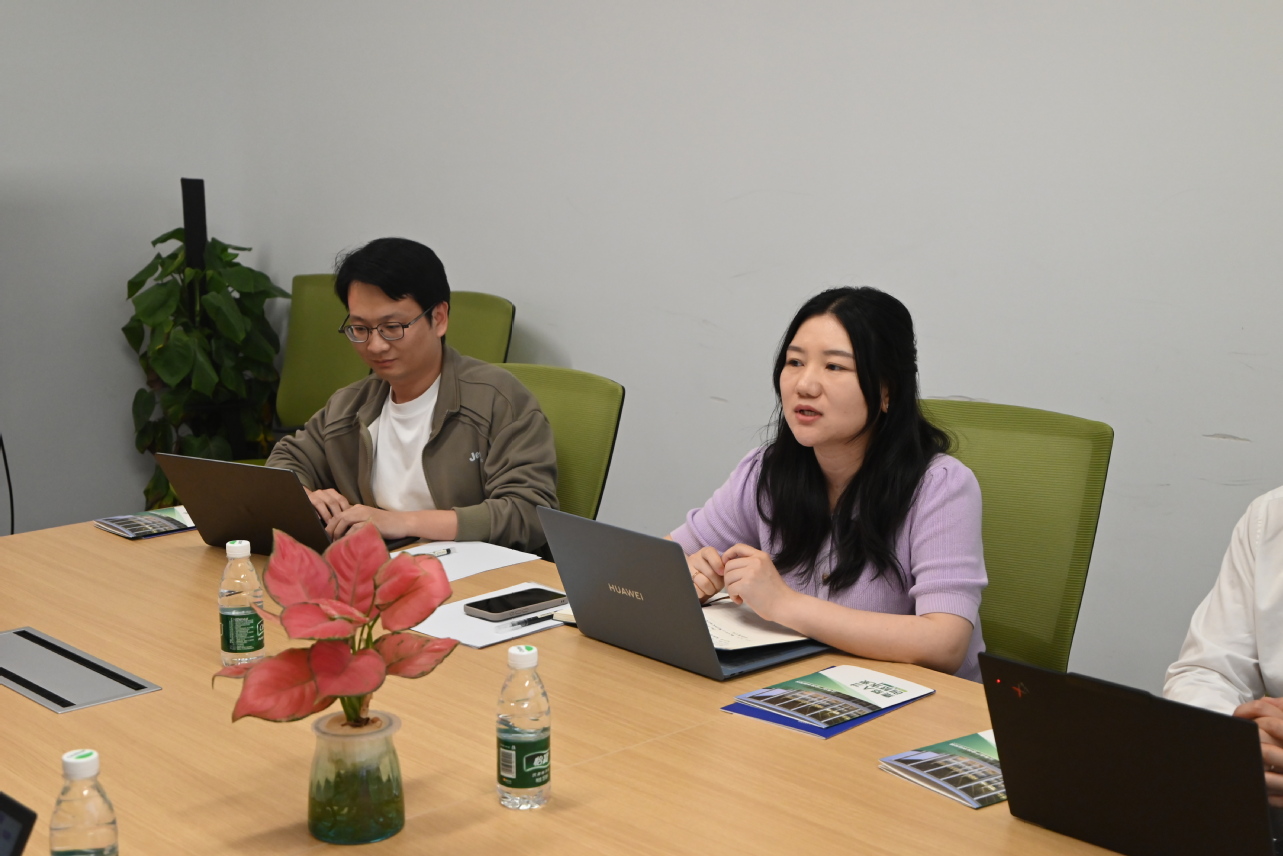
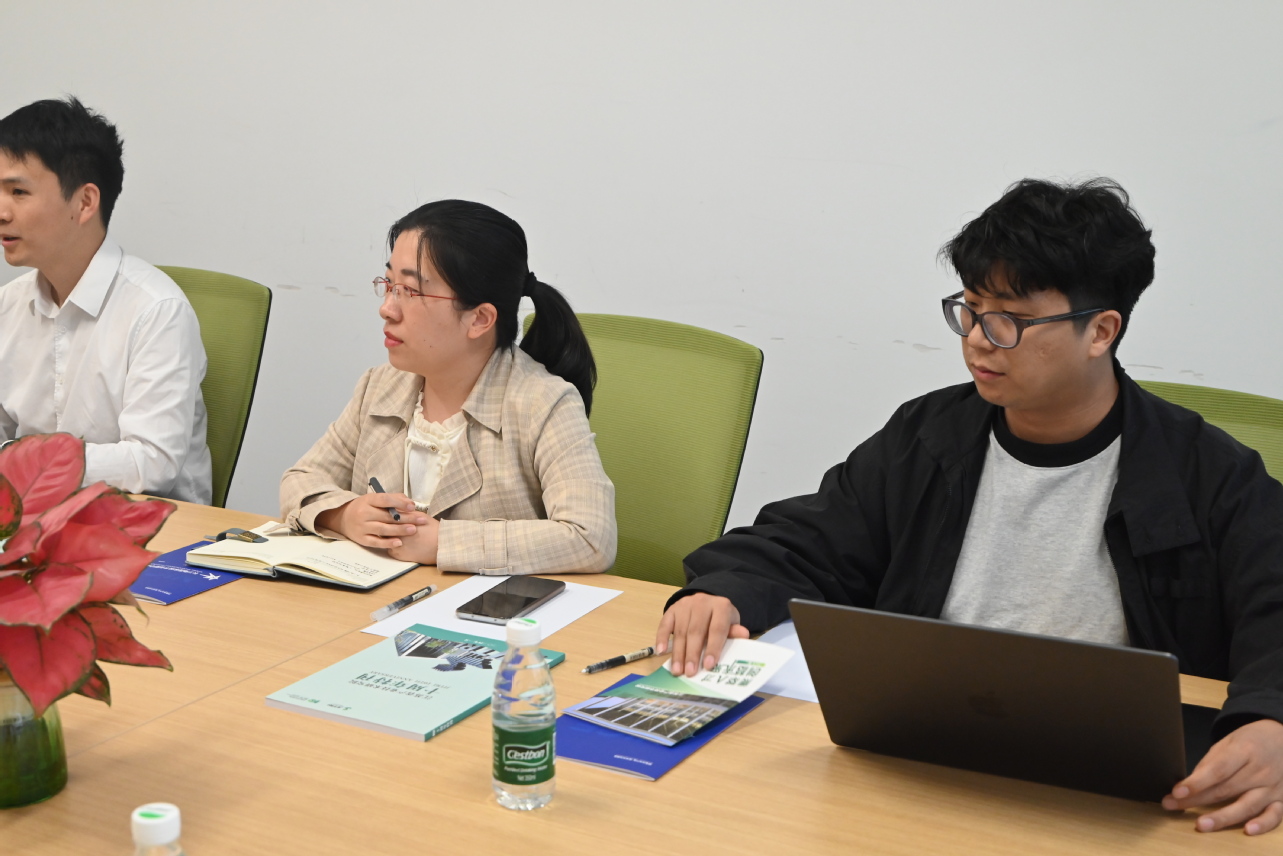
Following the presentations, both sides engaged in in-depth discussions and constructive reflections on educational models and talent cultivation strategies. Dai Wangzhou noted that the exchange provided valuable insights and practical references for further refining the School’s talent development framework. Both parties expressed a strong interest in continuing dialogue and exploring broader opportunities for collaboration in the future.

